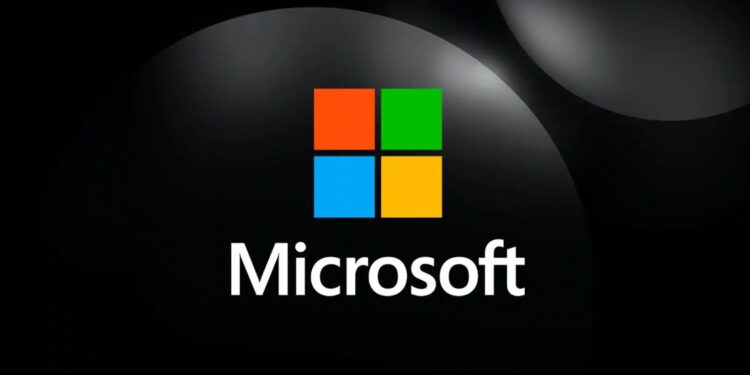Microsoft Corp. on Wednesday announced a new set of Microsoft Research AI challenge winners and two new challenges as part of its broader effort to accelerate the design and the development of artificial intelligence. These cognitive agents are designed dynamically to talk and share information and have the potential to completely change the way that people and teams organize their work and handle complicated projects.
The basic idea of these AI agents is that they can work as a networked team. Unlike other AI-based assistants where the new bot will work in its own silo – and with its own set of individual skills – Microsoft’s agents can be proactive, share information, and can break off into sub-teams to work together toward a goal. For example, an agent for a user’s scheduling activity can notify a project management agent about upcoming deadlines, and the project management agent can adapt the prioritisation of task accordingly. Also, a research agent may publish its results to a content creation agent to improve efficiency in writing reports or articles.
A Microsoft spokesperson underscored the potential productivity benefits in the announcement, saying, “If you’re just beginning to manage an organization, imagine having a team of AI assistants that all specialize in different areas and are all working together in harmony to keep you and the organization on track.” This is the vision that we are bringing to life with these new agents.” This makes use of the latest in Natural Language Processing and Machine Learning technologies to allow fluid communication and context comprehension between the agents.
In early demos, agents coordinated travel plans, responded to arrangements via email, and even teamed up on coding projects. Users can determine the role of each agent, as well as their responsibilities, shaping their AI team in to form a suitable for themselves. Microsoft also emphasized the privacy and security controls, which it says are built in to help keep user data safe, as these agents pass information back and forth.
Microsoft said that a developer preview will be first available later this year, followed by a wider rollout in 2026. This novel AI collaboration strategy is already creating quite a buzz among technology enthusiasts who are predicting a significant change in the way we will communicate with AI in our regular life. With the possibility of working more efficiently and managing tasks more easily, these new Microsoft AI agents have the potential to become a new quality of game-changer for personal and professional productivity.










![Online Scam Cases Continue to Rise Despite Crackdowns on Foreign Fraud Networks [Myanmar] Online Scam Cases Continue to Rise Despite Crackdowns on Foreign Fraud Networks [Myanmar]](https://sumtrix.com/wp-content/uploads/2025/06/30-12-120x86.jpg)




